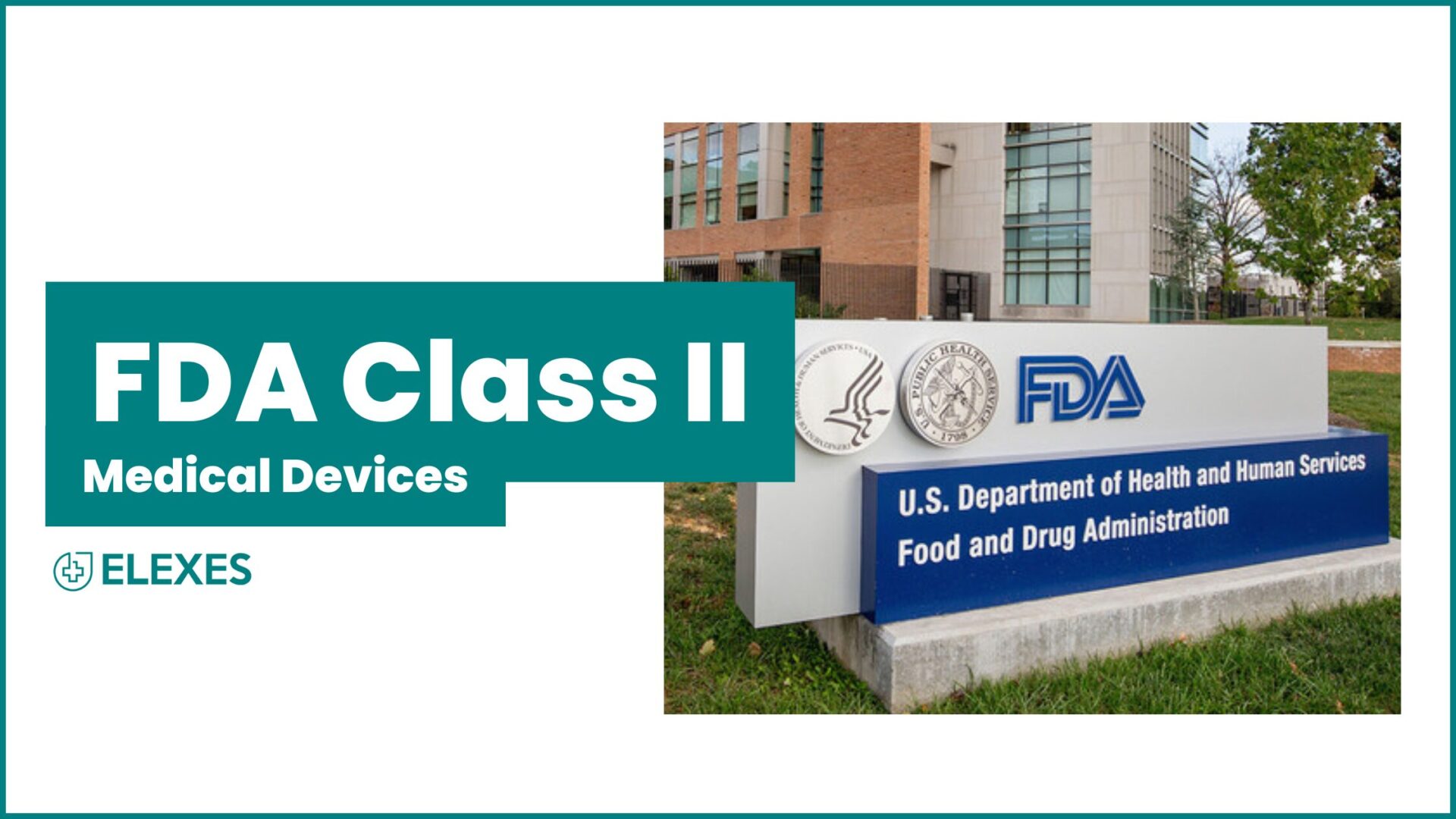While the preamendment devices can serve as excellent predicate devices, there are practical challenges associated while using such devices for approvals. One such example is that of a surgical mesh.
The U.S. Food and Drug Administration (FDA) on April 16, 2019, ordered the manufacturers of surgical mesh, indicated for the transvaginal repair of pelvic organ prolapse (POP), to stop selling and distributing their products in the U.S. immediately. This FDA announcement applies only to the surgical mesh placed vaginally to treat POP and not to transvaginal mesh for Stress Urinary Incontinence (SUI) or mesh placed abdominally for prolapse repair.
POP is a growing female health problem in which the tissue and muscles of the pelvic floor no longer support the pelvic organs, resulting in the drop (prolapse) of vagina, cervix, uterus, bladder, urethra, and rectum from their normal position.
Surgical mesh is a pre-amendment device, classified as class II (§ 878.3300 (21 CFR 878.3300)) in 1988, that is used to provide additional support when repairing weakened or damaged tissue. FDA has cleared over a 100 510(k) submissions for a surgical mesh with a POP repair indication. Since many of these 510(k) submissions used pre-amendment devices as predicates, they were cleared with less or no clinical data. Giving clearances in such scenarios did not allow FDA to foresee the long term effects of the devices.
The timeline below describes the history of surgical mesh:

Amongst the 2310+ complications reported for “vaginal mesh” until March 2011 with the FDA, adverse events were reported for vaginal scarring and mesh protrusion, infection, urinary problems, bleeding, and organ perforation, the need for additional intervention and hospitalization was imminent.
This resulted in the FDA issuing a public health notification in October 2008 to alert physicians and the public of the complications arising from the long term usage of these meshes. The timeline below shows the series of events that followed:

The Advisory Panel convened to solicit inputs from the experts on evaluation of safety and effectiveness of Surgical Mesh for Transvaginal Repair of POP recommended production of evidential data depicting superiority of surgical mesh over native tissue repair at 36 months.
Boston Scientific filed two PMAs for its devices, the Uphold LITE Vaginal Support System and the Xenform Soft Tissue Repair System, and Coloplast filed a PMA for its device, Restorelle DirectFix Anterior.
The two manufacturers failed to provide adequate evidence to assure long term safety and superiority over native tissue repair. Hence the FDA decided not to approve the PMA Applications and ordered the companies to submit their plans of withdrawal of products within 10 days. Also, the FDA ordered them to continue their post-market studies for the already implanted surgical mesh devices.
The causes of the adverse events as derived from the numerous studies were found to be patient-related, mesh-related and procedure-related. Patient-related risk factors included age and estrogen deficiency, severe genital atrophy, diabetes, and smoking. The type and size of the mesh were allegedly said to have an implication on the rate of erosion. Procedure-related risk factors included the length of incision, concomitant surgery, and placement of mesh.
FDA advised women who already have the mesh for transvaginal POP repair to notify their health care provider in case of any complications or symptoms and go for regular follow-ups.
Other options for POP repair presently available are nonsurgical and surgical approaches. For the advanced stage of POP surgical approaches are recommended. Surgical approaches include native tissue repair and repair of POP using surgical mesh via an abdominal incision or Laparoscopic surgery.
In conclusion, it is always recommended to wisely choose the predicates by factoring in whether adequate data has been collected to ensure the safety and efficacy of the devices for the Indications of Use for which the devices are under consideration. At Elexes, we have helped many medical device companies identify the right predicate and the right clinical and performance test strategy such that there is no recall or issue later due to unforeseen adverse events. For further details please contact jennifer@elexes.com.





















